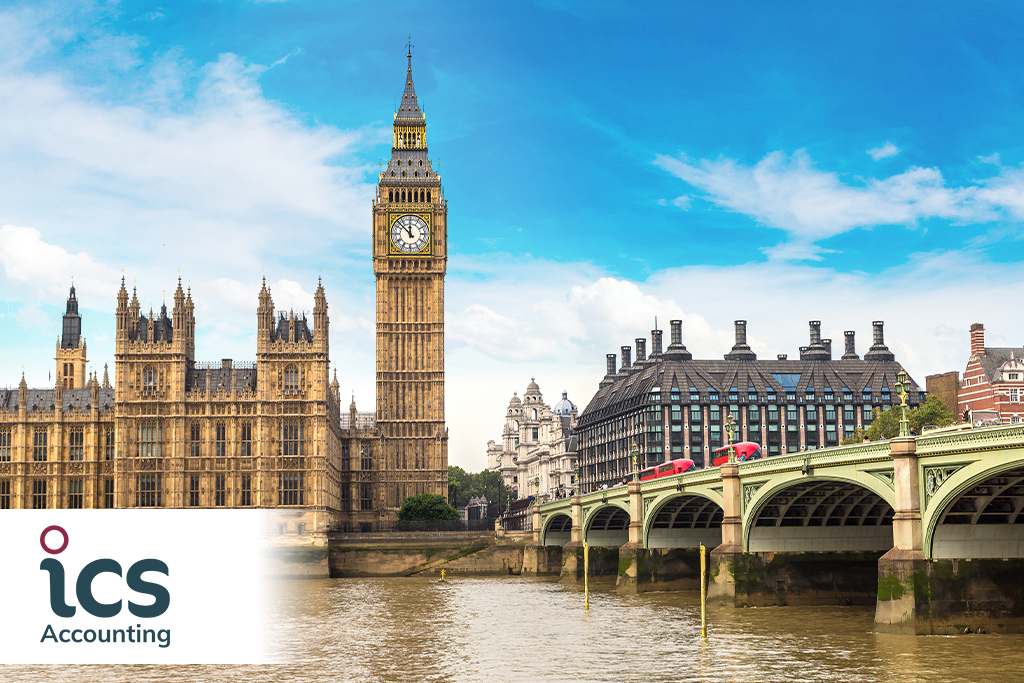Exactly two years since the first Covid lockdown was announced, the Chancellor, Rishi Sunak, delivered his Spring Statement in the House of Commons.
The key points of the Spring Statement were:
* 5p cut to fuel duty. The cut will come into force at 6 pm on 23rd March 2022 and last until March 2023
* 0% VAT on energy-saving materials Homeowners will pay 0% VAT on energy-saving materials, such as solar panels or heat pumps
* The National Insurance threshold raised to £12,570
* Employment Allowance to increase to £5,000
* The basic rate of tax will be cut from 20% to 19%, introduced by the end of 2024.

Our practice manager, Tom Forrest, had the following comments on these key points.
Fuel
5p cut to fuel duty will slightly help in a market where the wholesale costs have increased dramatically in the previous month. This will result in a saving of roughly £3.30 for a standard 55-litre tank of fuel. This is a welcome announcement to businesses as well as it will help manage the costs of transporting products. However, some will question if it’s gone far enough to make a real difference to businesses and consumers.
Energy
VAT has been scrapped on energy efficiency measures such as solar panels, heat pumps and insulation installed for five years. This will help people who can afford to improve their homes in this respect in the coming years.
And a reminder that those in council tax bands A-D will still receive a £150 council tax rebate in April.
National Insurance
The rise of 1.25% is still in place but to mitigate it, with effect from 6th July 2022 the threshold at which someone starts to pay national insurance is increasing from £9,568 of earnings, aligning it with the equivalent income tax personal allowance which is set at £12,570..
The saving on this is £360. However, when you start paying NI, you will pay 1.25% more on your earnings above the threshold than last year.
So who benefits from this? For lower earners, there will be a more significant benefit. A breakeven has been calculated at roughly £35,000, whereby if you earn this amount, your take-home pay will be no different due to the changes. Those who earn less than £35k will be better off and those who earn more than this amount will be worse off due to the changes. Those earning less than £12,570 will pay no national insurance at all.
From April 2022, self-employed individuals with profits between the Small Profits Threshold (SPT) and the Lower Profit Limit will not pay Class 2 NICs. HMRC have also confirmed individuals will still to be able to continue to build National Insurance credits even if they don’t need to pay any NIC between these limits.
Employment Allowance
This will increase to £5,000 in April up from £4,000. The chancellor has described this as a “new tax cut” worth up to £1,000 for half a million small businesses.
R&D – it was also announced that there is an intention to reform R&D tax credits.
Income Tax
1p will be cut from the basic rate of income tax in the pound by the end of this parliament, 2024. This is two years away and doesn’t help the people who need it now due to the cost of living crisis.
Contact ICS Accounting
If you have any questions about the 2022 Spring Statement, please don’t hesitate to contact us by calling 0800 195 3750 or email info@icsuk.com.


















